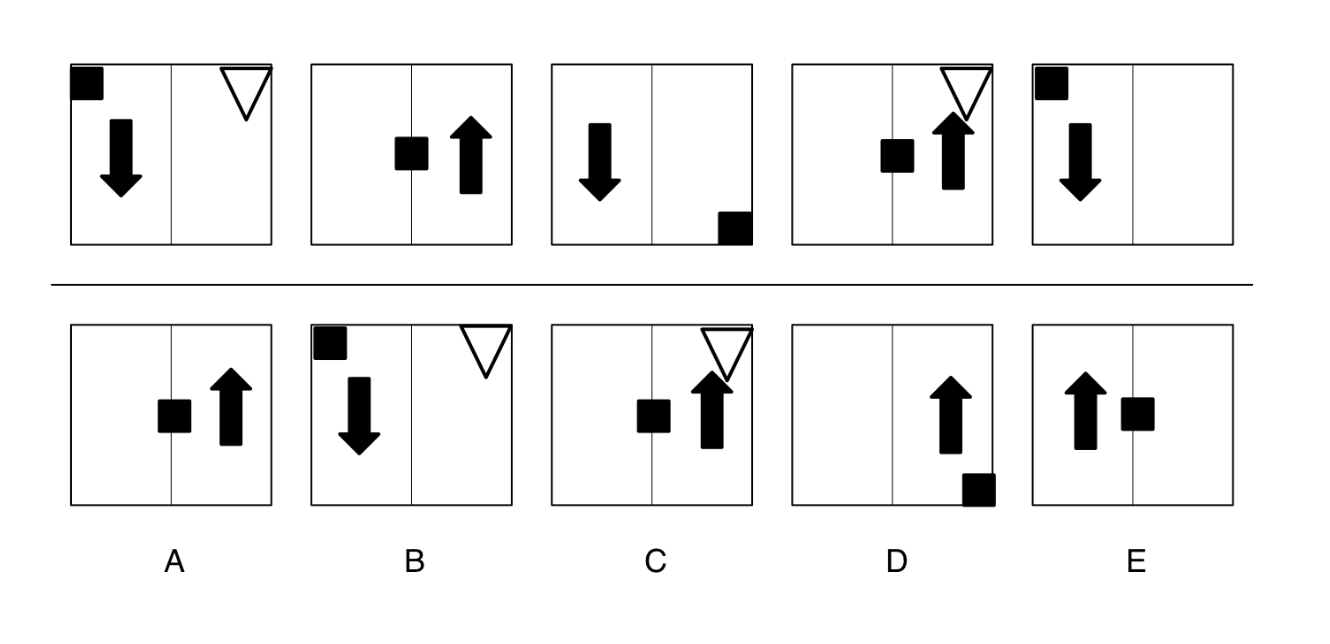What employers use spatial reasoning tests and why?
Spatial reasoning tests tend to be used in roles for the technological or engineering industries, especially ones with hands-on duties such as:
- Architecture
- Engineering
- Plumbing
- Electrical maintenance
- 3D design
- Game construction
With clear results from the spatial reasoning tests that demonstrate the theoretical abilities of a candidate, it is much easier to find future employees that have the right level of skill needed in the role. Employers in the technological industries use spatial reasoning tests to be sure that applicants have the knowledge, skill, and aptitude to be successful.
What are the benefits of using a spatial reasoning test in your hiring process?
If you are recruiting for a role in the technology or engineering industries, using a spatial reasoning test in the hiring process can have a number of benefits.
Firstly, the test is designed to assess candidates on their aptitude, which makes the test a reliable way to ensure that the people that have applied for the role have the required level of skill to be successful.
The test is simple to administer, even to a large number of candidates. It is delivered to applicants via an email link, and each person completes it at home and in their own time, and the results are available immediately.
For the recruitment team, making a decision based on the results of the assessment means having reliable, quantifiable data that shows exactly which candidates are likely to be successful based on their level of ability.
Using aptitude tests like the spatial reasoning assessment in your recruitment process saves time and money, and also reduces the risks of making a bad hire.




